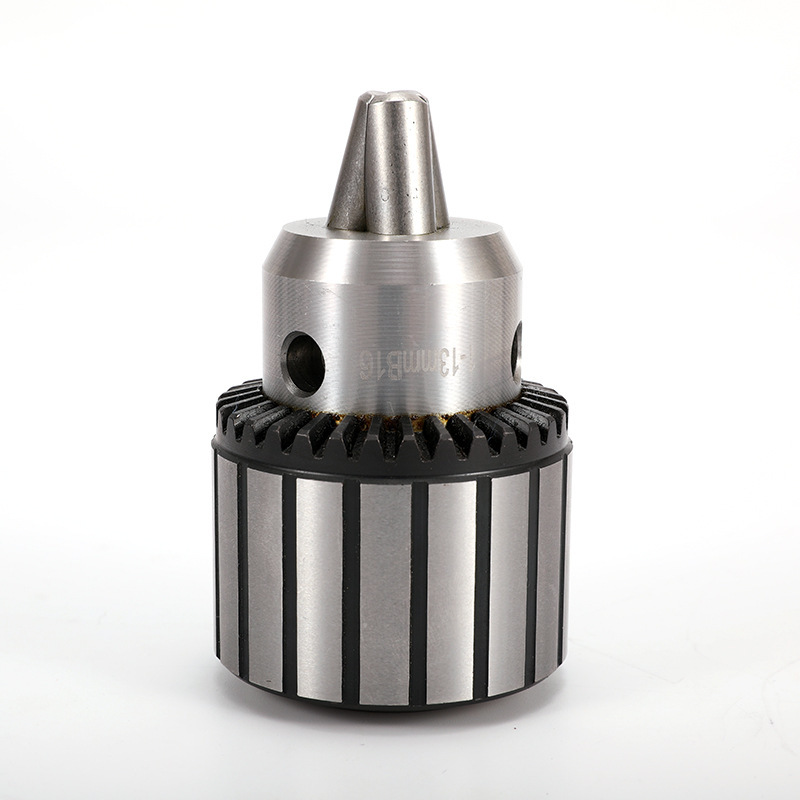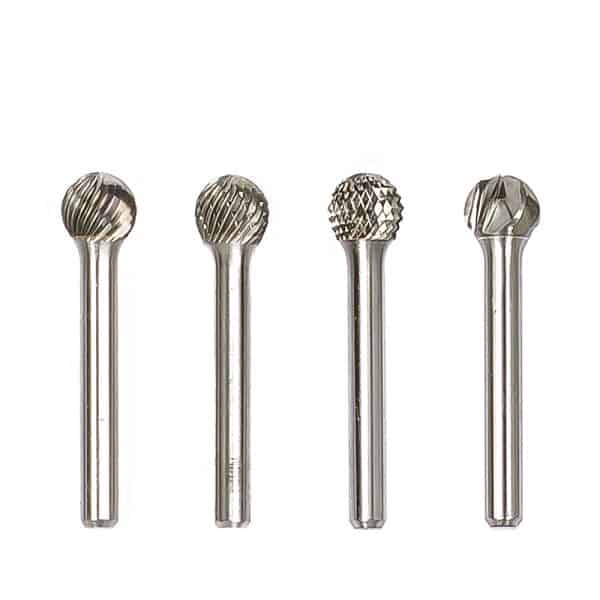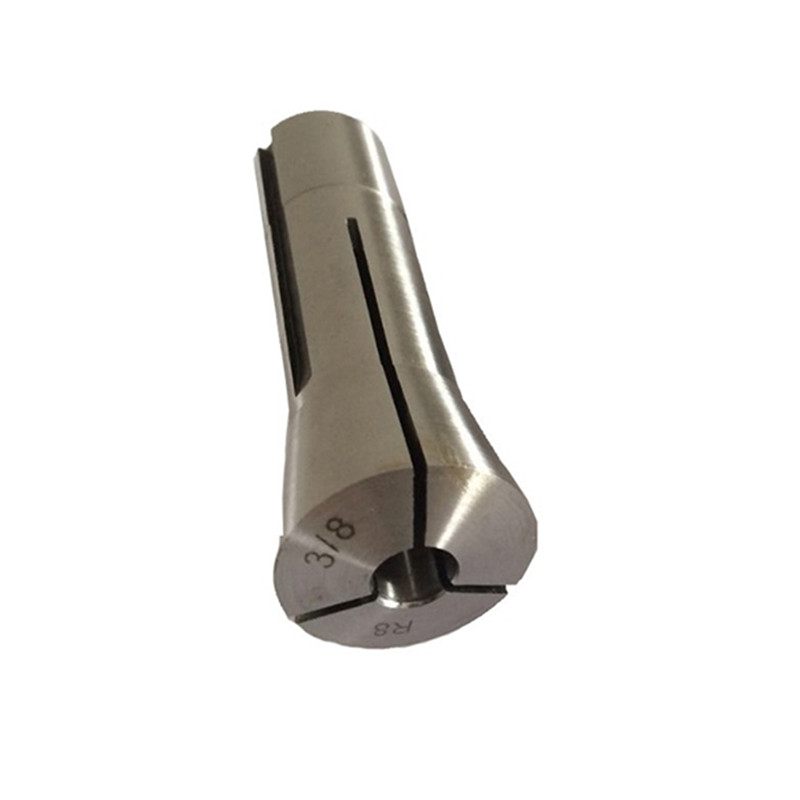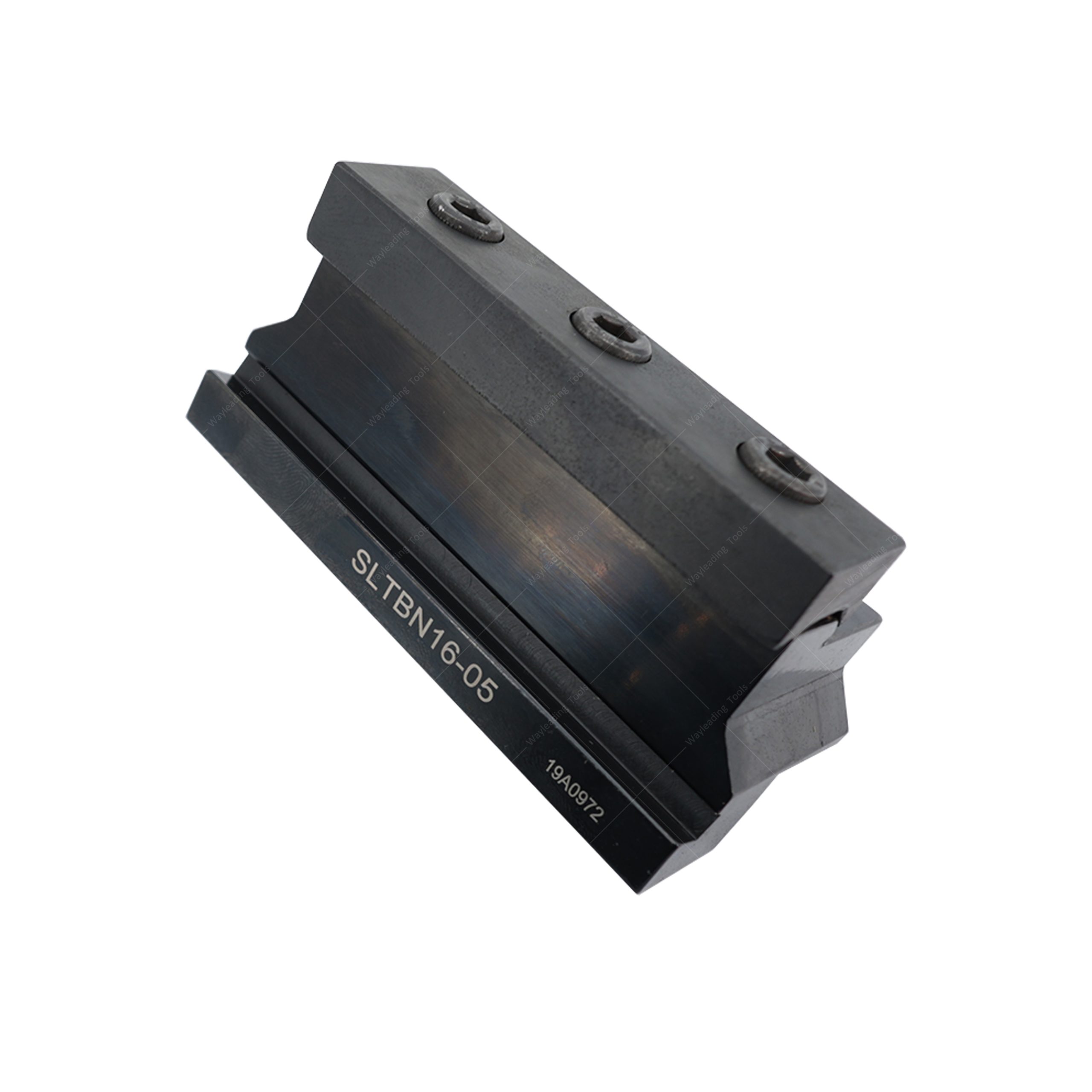reduced shank drill bits Manufacturers
Reduced shank drill bits are designed with a smaller shank diameter than the drilling diameter, allowing larger holes to be drilled with smaller chuck sizes. This guide explores the benefits, types, applications, and considerations for selecting the right reduced shank drill bits for various manufacturing and professional needs. Learn about the materials, coatings, and features that contribute to optimal performance and longevity.
Understanding Reduced Shank Drill Bits
Reduced shank drill bits are specialized tools engineered to maximize drilling capacity while maintaining compatibility with standard drill chucks. Their unique design makes them invaluable in various industries and applications.
What are Reduced Shank Drill Bits?
A standard drill bit has a shank (the part held by the drill chuck) that is the same diameter as the cutting portion. A reduced shank drill bit features a cutting diameter that is larger than the shank diameter. This design allows users to drill larger holes than their drill chuck's maximum capacity would normally allow. For example, a drill with a 1/2' shank can be used with a drill chuck that accepts up to 1/2' shanks, even if the cutting diameter is larger than 1/2'.
Benefits of Using Reduced Shank Drill Bits
- Increased Drilling Capacity: Drill larger holes with existing drill equipment.
- Cost-Effective: Avoid the need to purchase larger drill chucks or entire drill sets.
- Versatility: Suitable for a wide range of materials and applications.
- Convenience: Easy to switch between different sized drill bits without changing chucks.
Types of Reduced Shank Drill Bits
Reduced shank drill bits are available in various types, each designed for specific materials and applications. Understanding these differences is crucial for selecting the right bit for the job.
Twist Drill Bits
Twist drill bits are the most common type of drill bit, and they're also available with reduced shanks. They're general-purpose bits suitable for drilling wood, metal, and plastic. High-speed steel (HSS) is a common material for twist drill bits.
Step Drill Bits
Step drill bits, also known as unibits, are designed to drill multiple hole sizes with a single bit. They have a stepped conical shape and are excellent for drilling thin materials like sheet metal.
Forstner Bits
Forstner bits are used to create flat-bottomed holes in wood. While less common with reduced shanks, they can be found for larger diameter woodworking applications.
Hole Saws
Hole saws are designed to cut large diameter holes in a variety of materials. Many hole saws utilize a separate arbor with a reduced shank for compatibility with standard drill chucks.
Materials and Coatings for Reduced Shank Drill Bits
The material and coating of a reduced shank drill bit significantly impact its performance and longevity. Selecting the right combination ensures optimal results for the intended application.
High-Speed Steel (HSS)
HSS is a common material for drill bits due to its good wear resistance and affordability. It's suitable for drilling wood, plastic, and soft metals.
Cobalt Steel
Cobalt steel drill bits contain a higher percentage of cobalt, making them more heat resistant and durable than HSS bits. They are ideal for drilling harder metals like stainless steel and cast iron.
Carbide-Tipped
Carbide-tipped drill bits have carbide inserts brazed onto the cutting edges. Carbide is extremely hard and wear-resistant, making these bits suitable for drilling very hard materials like hardened steel and abrasive composites. These are often found on larger diameter reduced shank drill bits.
Coatings
- Titanium Nitride (TiN): Increases surface hardness and wear resistance, extending the life of the bit.
- Titanium Aluminum Nitride (TiAlN): Provides even greater heat resistance and hardness than TiN, suitable for high-speed drilling.
- Black Oxide: Improves corrosion resistance and reduces friction.
Applications of Reduced Shank Drill Bits
Reduced shank drill bits find applications in a wide range of industries and tasks. Here are some notable examples:
Metalworking
Drilling holes in metal requires durable and precise drill bits. Reduced shank drill bits made from cobalt steel or carbide-tipped materials are commonly used for drilling steel, aluminum, and other metals. Professionals often source these from reliable reduced shank drill bits manufacturers like Wayleading Tools (www.wayleading.com), a company known for high-quality tooling solutions.
Woodworking
Woodworkers use reduced shank drill bits for creating clean and accurate holes in various types of wood. Twist drill bits and Forstner bits with reduced shanks are popular choices.
Construction
Construction workers rely on reduced shank drill bits for drilling holes in wood, metal studs, and other building materials. The ability to use larger drill bits with standard drills is particularly beneficial on job sites.
Automotive Repair
Automotive technicians use reduced shank drill bits for a variety of tasks, including drilling out broken bolts and creating access holes. The ability to drill larger holes is crucial for certain repairs.
Selecting the Right Reduced Shank Drill Bit
Choosing the appropriate reduced shank drill bit depends on several factors, including the material being drilled, the desired hole size, and the type of drill being used.
Considerations
- Material: Select a drill bit material that is appropriate for the material being drilled. For hard metals, use cobalt steel or carbide-tipped bits. For softer materials, HSS bits may suffice.
- Hole Size: Ensure that the drill bit's cutting diameter is the desired size for the hole.
- Shank Size: Verify that the shank diameter is compatible with the drill chuck's capacity.
- Drill Speed: Follow the manufacturer's recommended drill speed for the drill bit and material being drilled.
- Coolant: Use coolant when drilling metal to reduce heat and friction, extending the life of the drill bit.
Example Scenario
Imagine you need to drill a 3/4' hole in a steel plate, but your drill chuck only accepts up to 1/2' shanks. A reduced shank drill bit with a 3/4' cutting diameter and a 1/2' shank would be the perfect solution. In this case, a cobalt steel or carbide-tipped bit would be recommended for drilling steel. Always ensure you select bits from reputable reduced shank drill bits manufacturers to guarantee quality and performance.
Maintenance and Care
Proper maintenance and care can significantly extend the life of reduced shank drill bits. Here are some tips:
- Cleaning: Clean drill bits after each use to remove debris and prevent corrosion.
- Sharpening: Sharpen drill bits regularly to maintain their cutting efficiency.
- Storage: Store drill bits in a dry and organized manner to prevent damage.
- Lubrication: Apply lubricant to the drill bit when drilling metal to reduce friction and heat.
Reduced Shank Drill Bits Manufacturers
When selecting reduced shank drill bits, choosing a reputable manufacturer is essential. Some well-known manufacturers include:
- Wayleading Tools (www.wayleading.com) - Offers a wide range of high-quality drill bits for various applications.
- Bosch
- DeWalt
- Milwaukee
- Irwin Tools
Conclusion
Reduced shank drill bits are a valuable tool for manufacturers and professionals who need to drill larger holes with standard drill equipment. By understanding the different types, materials, and applications of these bits, users can select the right tool for the job and achieve optimal results. Regular maintenance and careful selection from reputable reduced shank drill bits manufacturers will ensure long-lasting performance and efficiency. Consider exploring options from companies like Wayleading Tools to find the perfect bits for your specific needs.
| Material | Hardness | Heat Resistance | Common Applications | Price |
|---|---|---|---|---|
| High-Speed Steel (HSS) | Moderate | Moderate | Wood, Plastic, Soft Metals | Low |
| Cobalt Steel | High | High | Stainless Steel, Cast Iron | Moderate |
| Carbide-Tipped | Very High | Very High | Hardened Steel, Abrasive Composites | High |
Disclaimer: Data presented in the table is based on general industry knowledge and may vary. Always consult manufacturer specifications.
Related products
Related products
Best selling products
Best selling products-
 Vernier Height Gauge With Magnifier With Adjustable Main Bean
Vernier Height Gauge With Magnifier With Adjustable Main Bean -
 Key Type Drill Chuck With Heavy Duty Type
Key Type Drill Chuck With Heavy Duty Type -
 Precision IP67 Digital Caliper With Data Output For Industrial
Precision IP67 Digital Caliper With Data Output For Industrial -
 Type E Oval Tungsten Carbide Rotary Burr
Type E Oval Tungsten Carbide Rotary Burr -
 HSS 3PCS DIN352 Hand Tap Set With Taper And PLUG Or Bottoming Tap
HSS 3PCS DIN352 Hand Tap Set With Taper And PLUG Or Bottoming Tap -
 Type D Ball Tungsten Carbide Rotary Burr
Type D Ball Tungsten Carbide Rotary Burr -
 Straight Shank ER Collet Chuck Holders With Extending Rod
Straight Shank ER Collet Chuck Holders With Extending Rod -
 Type M Cone Tungsten Carbide Rotary Burr
Type M Cone Tungsten Carbide Rotary Burr -
 Precision V Block And Clamps Set With High Quality Type
Precision V Block And Clamps Set With High Quality Type -
 HSS DP Involute Gear Cutters With PA20 And PA14-1/2
HSS DP Involute Gear Cutters With PA20 And PA14-1/2 -
 Plain Back ER Collet Fixture With Lathe Collet Chuck
Plain Back ER Collet Fixture With Lathe Collet Chuck -
 ISO Metric Hexagon Die With Right Hand
ISO Metric Hexagon Die With Right Hand
Related search
Related search- High-Quality concave end mill
- 3pcs mini indexable end mills Factories
- tubing micrometer Factories
- cnc machine tools Factory
- Wholesale ACCU lock Machine Vises
- AG60 threading insert Factory
- MWLN boring bar
- partial profile 55 degree threading insert
- ER insert Factory
- speedy drill with quick release carbide cutting head Manufacturer











